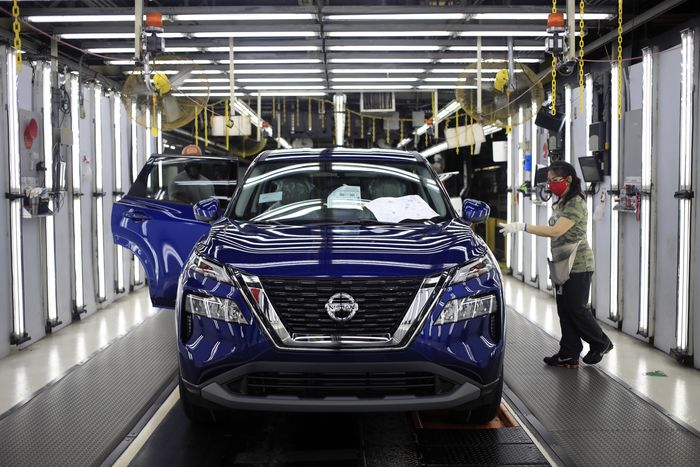ALBAWABA – EV manufacturing, or the production of Electric Vehicles, is at the forefront of a national industrial renaissance in the United States, and Tennessee is leading the charge, according to a Bloomberg report published July 6.
Tennessee is not just investing heavily in the EV manufacturing industry but is also pioneering a new approach to skill development and technical education.
EV manufacturing is reshaping Tennessee's economy
Back in the mid-2010s, the state of Tennessee foresaw the rise of EV manufacturing. The state initiated a wide-scale program offering free community and technical college education to nearly every adult.
This landmark decision is now proving fruitful, with the state receiving over $16 billion in EV capital since 2017.

International automotive powerhouses like Ford, Volkswagen, and Nissan are investing heavily in the state, making Tennessee a key player in the emerging 'Battery Belt' stretching from Michigan to Georgia.
Drive and challenges of EV manufacturing
However, the drive to reboot manufacturing and assert national leadership in strategic technologies like EV manufacturing is unearthing an evident deficit in the country’s stock of trained workers.
Plugging this deficit requires imposing new demands on technical education across America.
But a difficult challenge remains, that is convincing the digitally oriented younger generation of the feasibility of a career in EV manufacturing.
Learning from the titans of EV manufacturing
Models of successful technical education can be found overseas.
Powerhouse manufacturing nations like Germany, with their robust and well-established systems of vocational education and training, offer invaluable insights for the US.
Tennessee’s own experiment also provides an important guideline and perhaps even a roadmap for generalizing such projects across Battery Belt states.
Tennessee's technical education revolution
Tennessee, nonetheless, is not idling in this race. Not by any measure. The Tennessee College of Applied Technology (TCAT), established in the 1960s, has been a forerunner in providing high-quality, industry-relevant technical education.
The state's recent commitment of $1 billion to boost technical colleges signals the growing importance of technical education in the EV manufacturing sector.
Partnerships in technical education
Partnerships between businesses and colleges are becoming tighter. For instance, the TCAT campus in Smyrna opened in 2017, in partnership with Nissan.

The establishment offers students a mix of theoretical and hands-on learning experiences, essential for thriving in the EV manufacturing industry.
Stigma of technical education
However, attracting more students to these programs and eradicating the stigma attached to manufacturing jobs remains a hurdle.
Building a long-term talent pipeline that begins in high school, or even earlier, is crucial, for both the technical education and EV manufacturing sectors.
EV manufacturing: The Path Forward
Increasing student awareness about the rewarding opportunities in EV manufacturing and the advantage of having a technical education will be vital in overcoming the current challenges.
With concerted efforts and strategic partnerships, Tennessee can lead the way in powering the EV manufacturing industry with a skilled workforce, and so can other US states.







